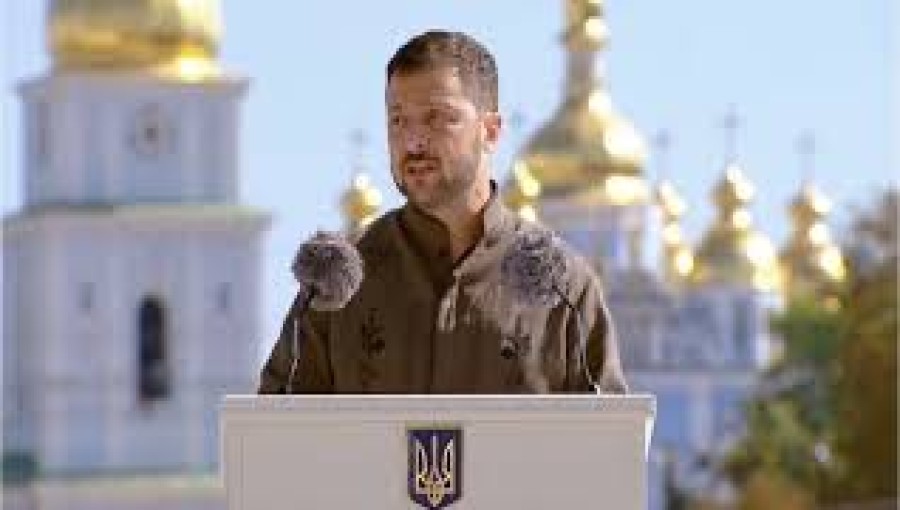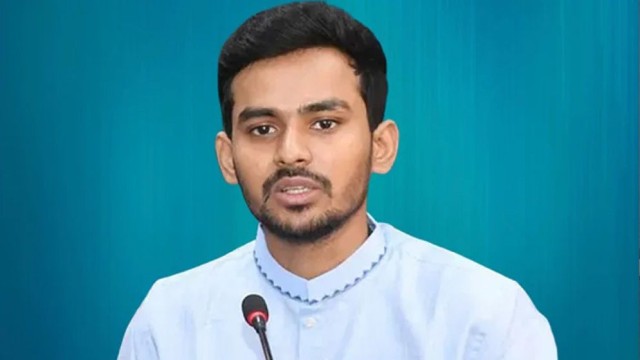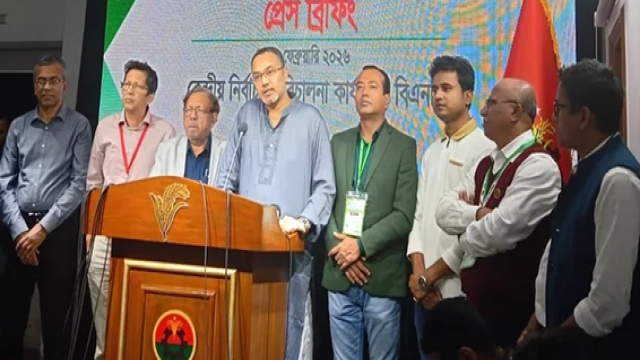Ukrainian President Volodymyr Zelenskiy announced the development of a new "drone missile" named Palianytsia, which he claimed would extend Ukraine's ability to strike deep within Russia. This weapon, described as faster and more powerful than previous Ukrainian-made drones, has already been used successfully in an undisclosed location within Russia. Zelenskiy used the occasion of Ukraine's 33rd anniversary of post-Soviet independence to underscore the significance of this new technology in the ongoing conflict, framing it as a form of "worthy, symmetrical, long-ranged" retaliation against Russian aggression. He also took a direct swipe at Russian President Vladimir Putin, dismissing him as a "sick old man from Red Square," who continually threatens with nuclear rhetoric but cannot impose "red lines" on Ukraine.
Zelenskiy also promoted Colonel General Oleksandr Syrskyi to the rank of general, highlighting his leadership in Ukraine's recent cross-border incursion into Russia's Kursk region. This operation, which began on August 6, marked the largest invasion of Russian territory since World War II and resulted in the capture of more than 90 settlements. According to Zelenskiy, the incursion served as a preemptive move to prevent Russian advances on the Ukrainian city of Sumy. The operation, supported by Polish-supplied PT-91 Twardy tanks, also aimed to create a "buffer zone" and achieve other undisclosed objectives.
On Ukraine's Independence Day, Zelenskiy ratified the Rome Statute, moving Ukraine closer to joining the International Criminal Court, a key step toward EU accession. He also signed legislation to ban religious groups linked to Russia, targeting a branch of the Orthodox Church perceived as supportive of Moscow. Additionally, Ukraine and Russia conducted a prisoner exchange, each securing the release of 115 servicemen, with the Russian Defense Ministry stating that its freed soldiers had been captured during Ukraine's operation in the Kursk region.






























Comment: